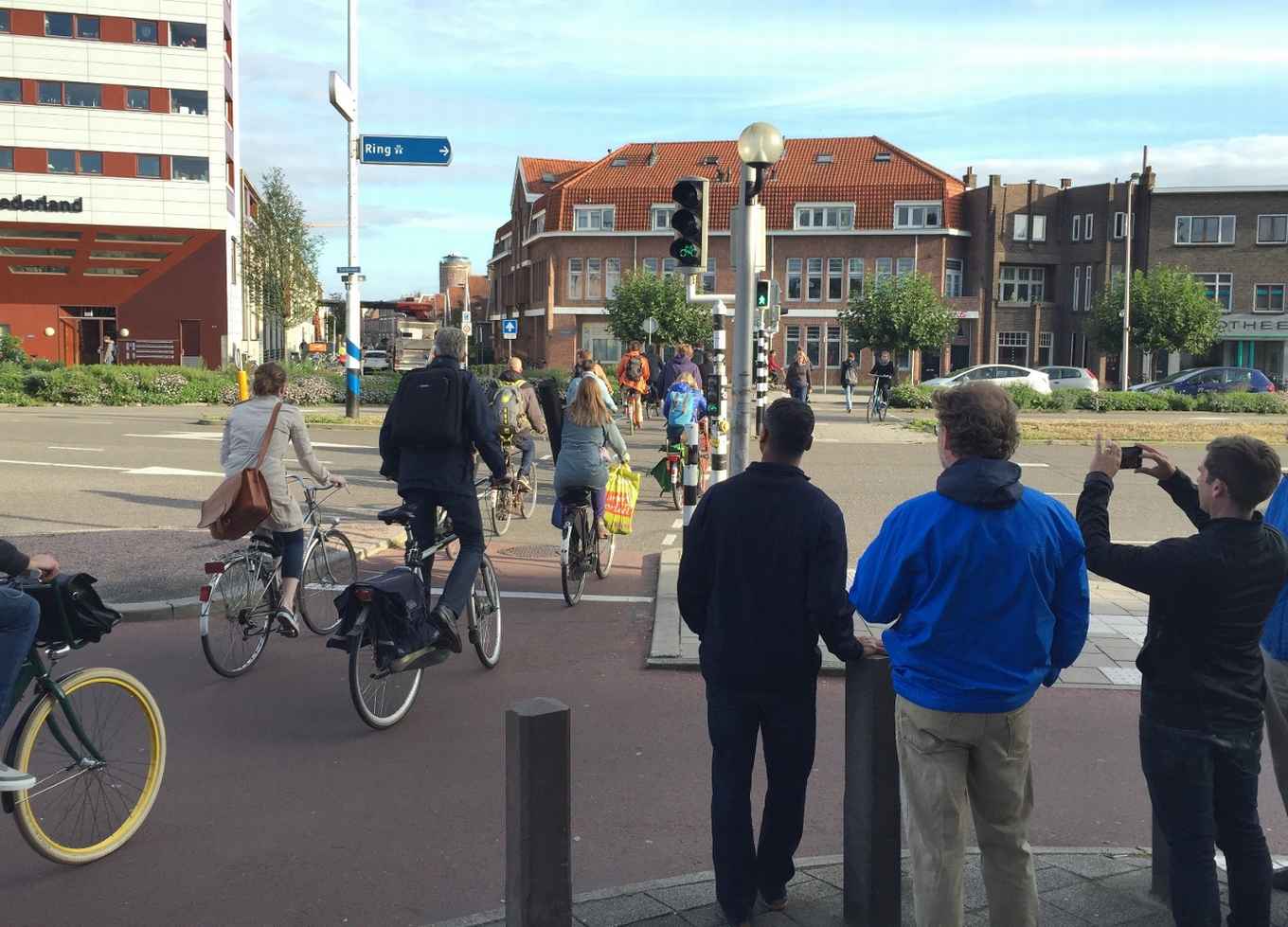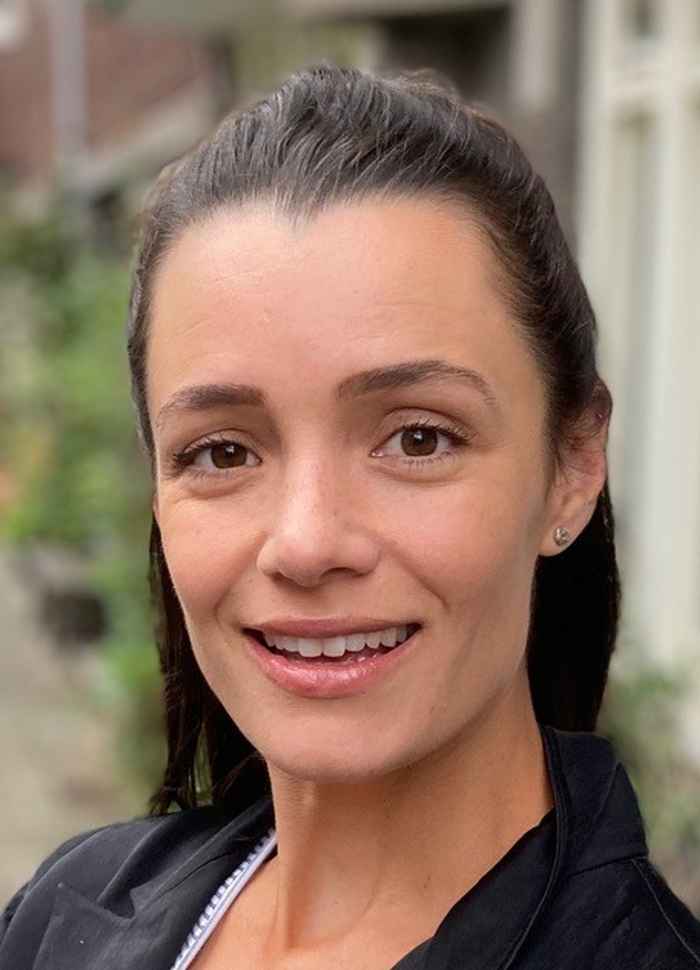Cycling cities: how can cities build capacity to reshape urban transport
27 August 2021

Motorized transport, mostly car trips by only one person, are still the dominant form of urban travel. Cities are pressured to change to sustainable urban transport systems by increasing the levels of cycling, walking, and public transit. Organizational and institutional barriers hamper this process. ‘Governments and stakeholders need strategic capacity - the ability to organize, predict, and adjust practices - to respond to contemporary transport policy problems’, states urban planner Meredith Glaser. ‘So the question is how to build this capacity. One way is learning from abroad. This practice of seeking solutions from elsewhere is as old as cities themselves.’
The unresolved question
For decades, groups of city staff and officials have travelled to other places to scout global practices that hold promise for their own cities. Bogota’s bus rapid transit system has inspired many cities to follow suit. Malta learned about road pricing policies from other European cities, and some Dutch cycling policies have been deemed ‘irresistible’ and an element of international interest. The implicit aim is ambitious: foreign experiences will advance knowledge and trigger the spread and adoption of new practices.

But to what extent does learning from abroad lead to or accelerate trajectories of action and transformations? How does such policy transfer enable learning and how does that learning translate into practical knowledge? ‘Both transport planners and researchers would benefit from a more explicit understanding of these processes’, states Glaser. She addressed above questions through a multi-method approach and by analysing learning visits of municipal staff and city officials to urban cycling environments, like Amsterdam.
Drivers of learning
Glaser finds that learning and knowledge transfer can occur through the exercise of policy transfer, and learning can strengthen strategic capacity. However, certain drivers of learning play a determinative role in this process: individual agency, the site of transfer itself, and the moderating role of the visiting organizations and institutions. ‘At the individual level, a key driver was when actors demonstrated agency and viewed policy transfer activities as intentional learning processes’, explains Glaser. ‘At the level of the group, a key driver was the site of transfer, which provided the context for cognitive, social, spatial, and sensory learning.’
Informal group activities and the socio-political landscape
Glaser underlines the value of informal group activities to increase capacity and willingness to reshape urban transport policy. Such activities give actors the opportunity to unite and understand local differences between interpretations of policy problems and potential solutions. But also, certainty about one’s role, responsibility, and confidence in running (infrastructure) projects and cycling policies plays a crucial role. Finally, Glaser mentions the temporal factor underpinning the socio-political landscape, ‘like a newly elected and supportive Mayor or department head, or an imminent multi-billion-dollar bond, that can bolster and legitimize a shift in priorities’.
Structurally invest in local knowledge management
‘This research supports a rationale to structurally invest in local knowledge management (i.e., alongside policy transfer exercises). This includes a specific role for and benefit of strengthening the capacities to coordinate the assimilation and management of knowledge within and between organizations’, concludes Glaser. ‘Such capacities can structurally support collaboration and local innovation and lay the ground to building strategic capacity that is needed to achieve sustainable mobility goals.’
Thesis details
Meredith Glaser (2021), From global ideas to local action. Building capacity to reshape urban transport policy. Supervisors: Prof. Macro te Brömmelstroet and Prof. Luca Bertolini. Link to thesis in UvA DARE
Time and location thesis defense
Friday 10 September, 13.00, Agnietenkapel, Amsterdam